Curious about what is chakra? Yes? Before we define chakras with the meanings, you should be able to understand one thing: All living things are created by and comprised of energy. The ability of your energy centers to function optimally is what keeps you psychologically, emotionally, physically, and spiritually balanced.
The Sanskrit word Chakra translates to a wheel or disk. In yoga, meditation, and Ayurveda, this term refers to wheels of energy throughout our body. You can find seven main chakras along our spine, starting from the bottom of our spine towards the top of our head. If you are interested in visualizing a chakra in the body, imagine a swirling wheel of energy where matter & consciousness meet. This invisible healing energy, called Prana, is a vital life force, which keeps us vibrant, healthy, and alive.
Are chakras real?
Yes, they are real!
If you think that they are just a part of all things woo-woo today, then you are mistaken. The chakra system originated in India between 1500 and 500 BC in the oldest text called the Vedas. The Vedas are the earliest Sanskrit literary records and the most ancient scriptures of Hinduism. As for the seven chakras; they each correspond to specific organs as well as physical, emotional, psychological, emotional, and spiritual states of being and influence all areas of a person’s life.
Within these chakras is ‘prana,’ or the ultimate pure healing energy, that’s all around us and within us, to keep us healthy, happy, and vibrant. There isn’t much Western scientific evidence that translates spiritual energy into physical manifestations. But when you study of the seven chakras and chakra alignment—whether it be through meditation, reiki, or yoga—is rooted according to belief “when they are open and aligned, our energy is constantly free-flowing, allowing prana to flow through them.” But before you can dive deep into each one of them, you should understand the fundamentals as a head start.
Seven chakras at a glance!
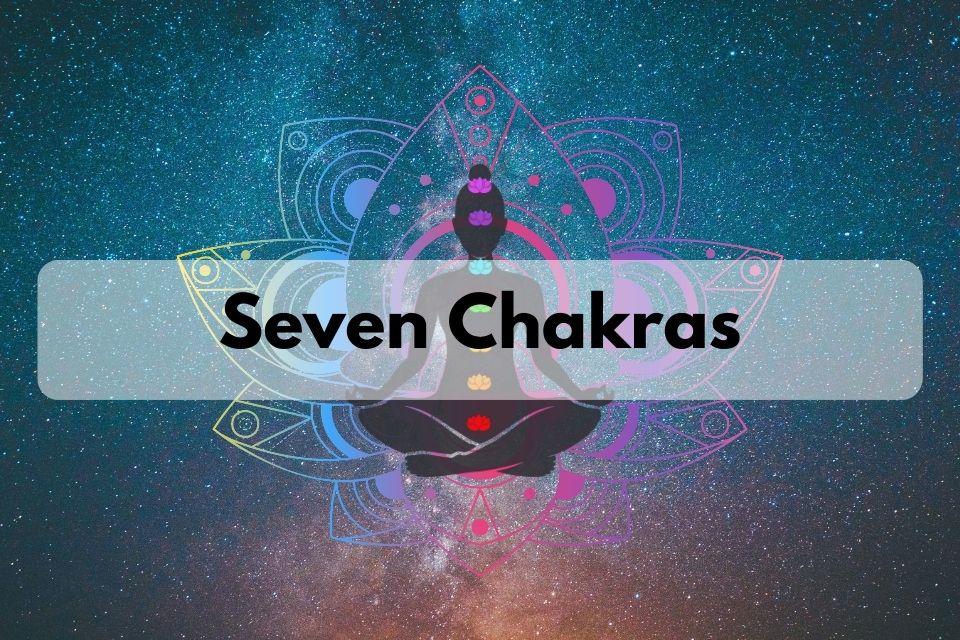
When exploring these chakras, it’s best to focus from the beginning. Chakras make up the subtle elements of the body, the untouchable aspects that, when working in harmony, circulate divine energy and regulate physical and emotional health.
Below is a list of seven chakras and the human qualities represented by them together with their location, and their functionalities.
Muladhara (Root Chakra)
Muladhara (Root Chakra) represents basic trust and it is located at the base of the spine. It governs the human survival instincts. According to the beliefs of many, dormant Kundalini is resting in here, wrapped three and a half, or seven or twelve times. Sometimes she is wrapped around the black Svayambhu linga. It is a symbol representing a lotus with four petals with a yellow square at its center representing the element of earth.
All sounds, words, and mantras in their dormant form rest in the Muladhara, where Ganesha resides, while the Shakti is Dakini. The chosen creator for this is the elephant.
Svadisthana (Spleen or Sacral Chakra)
Svadisthana (Sacral Chakra) represents sexuality and creativity and it is located at the lower abdomen. It governs sexuality, intuition and self-esteem. Svadhisthana is representing with a lotus within which is a crescent moon symbolizing the water element. The seed mantra in its center is Vam representing water. The presiding deity is Brahma, with the Shakti being Rakini (or Chakini).
In esoteric Buddhism, this is considered as Nirmana, which is called as the lotus of “Creation” & related to the first stage of the four ultimate Truths.
Solar Plexus Chakra represents Power and it is located at the upper abdomen. It governs impulse control and ego. For the Nath yogi meditation system, this is described as the Madhyama-Shakti or the intermediate stage of self-discovery. This is represented as an upward-pointing triangle representing fire in the middle of a lotus with ten petals. The presiding goddess is Braddha Rudra, with Lakini as the Shakti.
Anahata (Heart Chakra)
Anahata (Heart Chakra) represents healing and love, and it is located at the middle of the chest. It governs compassion and spirituality. Within it is a yantra of two intersecting triangles, forming a hexagram, symbolizing a union of the man and the woman as well as introducing an ideal esoteric symbol for the element of air (Vayu). The seed mantra of air, Yam, is at its middle. The presiding goddess is Ishana Rudra Shiva, and the Shakti is Kakini.
In esoteric Buddhism, this one is considered as Dharma with its symbol of the petal lotus of “Essential nature” and indicating the second stage of Four Ultimate Truths.
Visuddha (Throat Chakra)
Visuddha (Throat Chakra) represents expressions and it is located at the throat. It governs expression and emotion. Vishuddha is representing along with 16 petals covered with the sixteen Sanskrit vowels. It is indicating the element of space (akasha) & has the seed symbol indicating space element Ham in its middle.
In esoteric Buddhism, this is named as Sambhoga and indicating the petal lotus of “Enjoyment,” in relation to the third state of Four Ultimate Realities.
Ajna (Third Eye Chakra)
Ajna (Third Eye Chakra) represents inspiration, awareness and intuition, it is located between the eyes and It governs rationality, wisdom and imagination. Guru or third-eye chakra is considered the energy core of our body.
Sahasrara (Crown Chakra)
Sahasrara (Crown Chakra) represents Spirituality and enlightment and it is located at the top of the head. It governs connection with the divine. The highest spiritual center, pure consciousness, is containing neither object nor subject. When the feminine Kundalini Shakti rises to this point, it unites with the masculine Shiva, giving self-realization and samadhi. In esoteric Buddhism, it is called Mahasukha, the petal lotus of “Great Bliss” corresponding to the fourth state of Four Noble Truths.
Let us dig up about Chakra Colors in detail!
The chakras keep us active, lively, and vibrant every day. Therefore, at the back of our bodies, there is an arrangement of 7 chakra colors. They follow each other like the colors of the rainbow, which include the red, orange, yellow, green, blue, indigo, and the violet. As the emotions of the body changes, these colors also change.
The chakra colors usually indicate the current emotional, spiritual, and physical state of a human being. Therefore, they are vital to the human body. Below is a clear explanation of the seven chakra colors, what they represent, and their meanings.
- Root Chakra (Red)
- Sacral Chakra (Orange)
- Solar Plexus Chakra (Yellow)
- Heart Chakra (Green)
- Throat Chakra (Blue)
- Third Eye Chakra (Indigo)
- The Crown Chakra (Violet)
Root Chakra
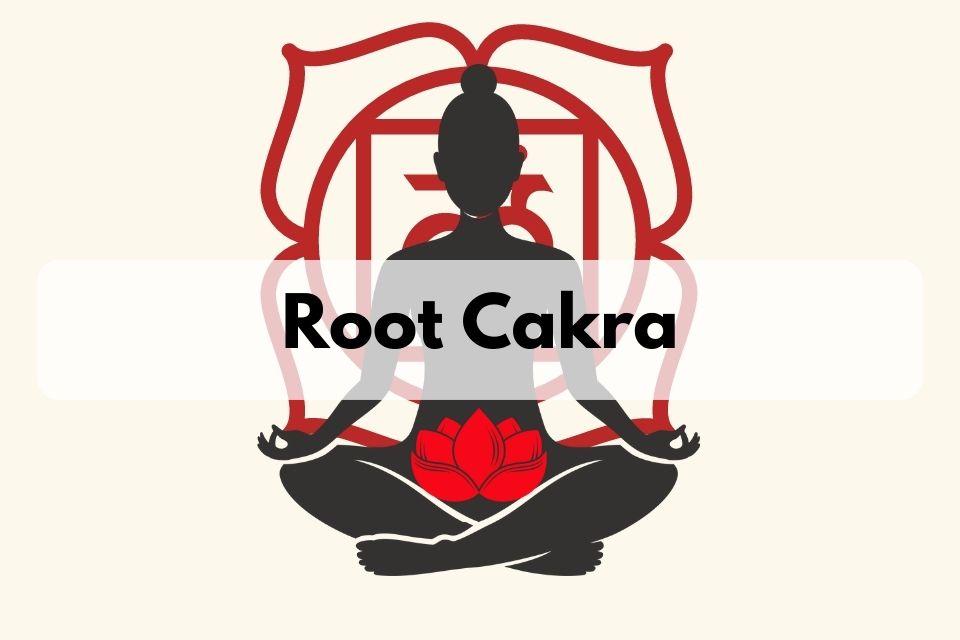
This Chakra is related to survival, security, and is the closest to the earth, resting at the base of the spine. The color associated with it is red. It is naturally associated with the element earth. To keep this Chakra healthy, do exercises such as dancing, jogging, or jumping are beneficial. When our security needs a, re fulfilled and takes our power to create our security in our lives so that our world is a safe and enjoyable place for us. Its message is, “I exist.” Live your life proudly.
Sacral Chakra
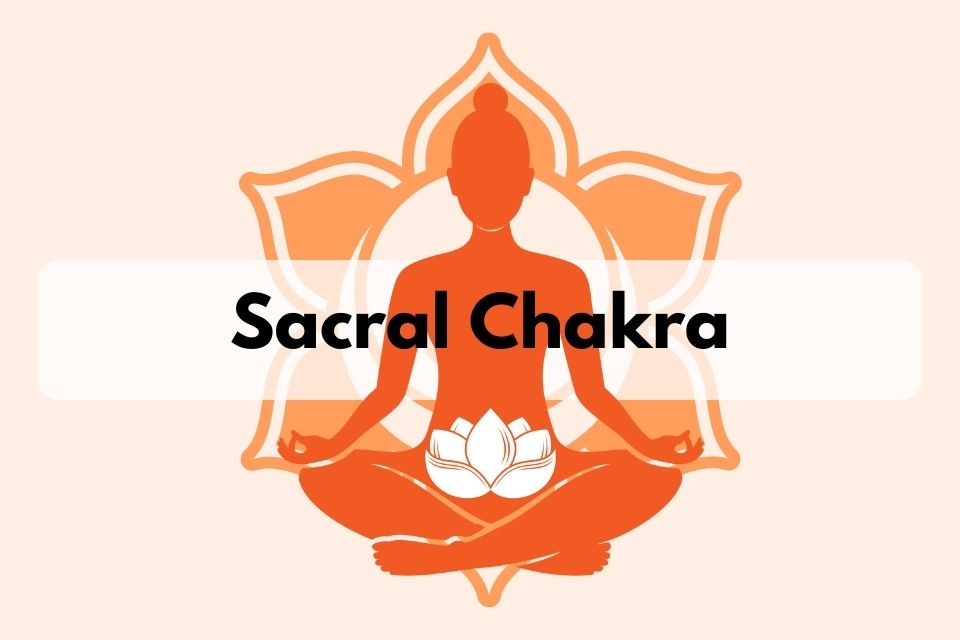
Consider the sacral Chakra the most fun out of the seven. Located above the pubic bone and below the navel, it’s responsible for our sexual and creative energies. Associated with the color orange and the element of water, when your Sacral Chakra is aligned, you will likely feel great. You’re friendly, passionate, and successfully fulfilled while also eliciting feelings of wellness, abundance, pleasure, and joy. (Nice!) By honoring your body and expressing yourself creatively, you’re keeping the energy wheels turning and fluid.
Solar plexus Chakra
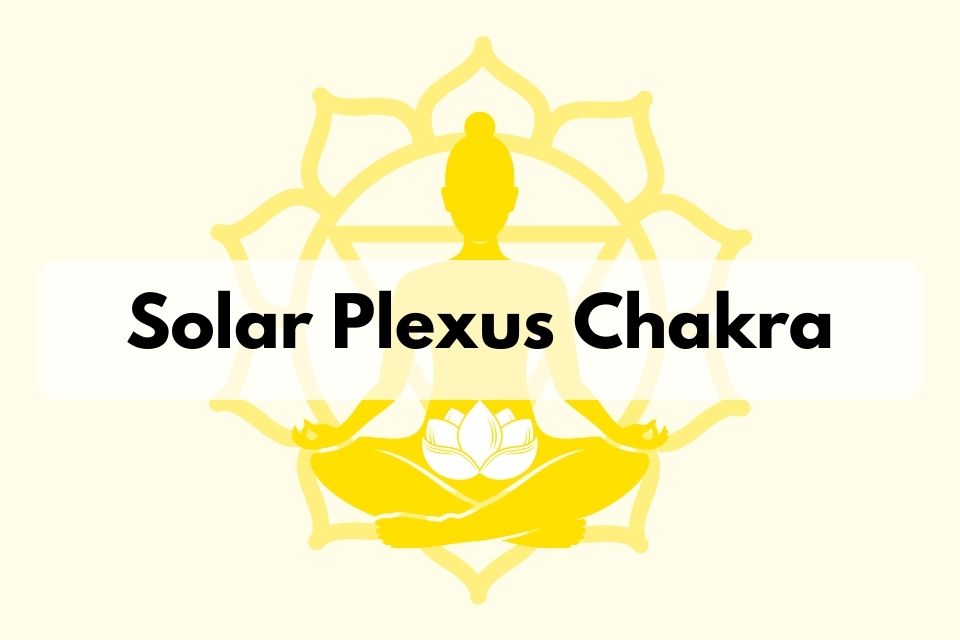
With its name meaning “lustrous gem” in Sanskrit, the third Chakra is said to be your source of personal power, ruling over self-esteem. Or, it is the action and balance chakra that focuses on their willpower, own strength, and commitment. Located from the navel to about the ribcage, it reportedly governs all things metabolic, digestive, and stomach-related.
Heart Chakra
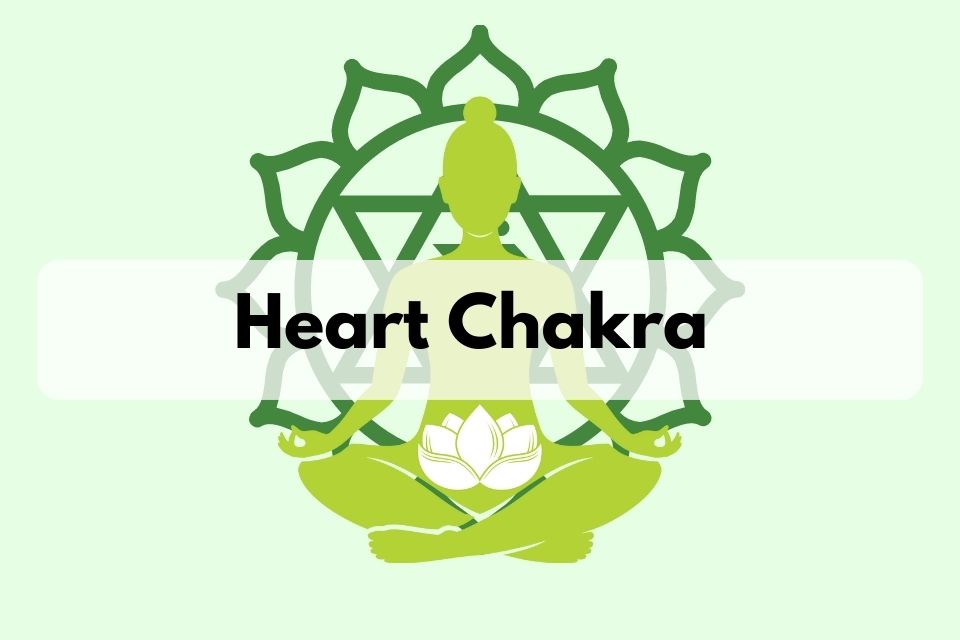
As the central Chakra, the heart chakra, found at the center of your chest, represents where the physical and the spiritual meet. Physically, it’s said to encapsulate the heart, the thymus gland (which plays a vital role in your endocrine and lymphatic system), the lungs, and the breasts. And as its name implies, is all about love. It’s the awakening to spiritual awareness, forgiveness, and service. With the combination of color green and pink, it’s believed that when your heart Chakra is aligned and balanced, love and compassion are flowing freely; both in terms of giving it out and getting it back. Your good vibes are practically contagious!
Heart Chakra Meditation
The Heart Chakra (Anahata) is our energy point of love and compassion. Located physically just behind the heart area, this Chakra can be incredibly powerful when used as a focus for meditation.
By meditating on the Heart Chakra, we blossom our awareness to not only personal and physical forms of love but Universal love and the acceptance of the true self. The Heart Chakra embraces all facets of love, and anyone can benefit from exploring this energy center.
Throat Chakra
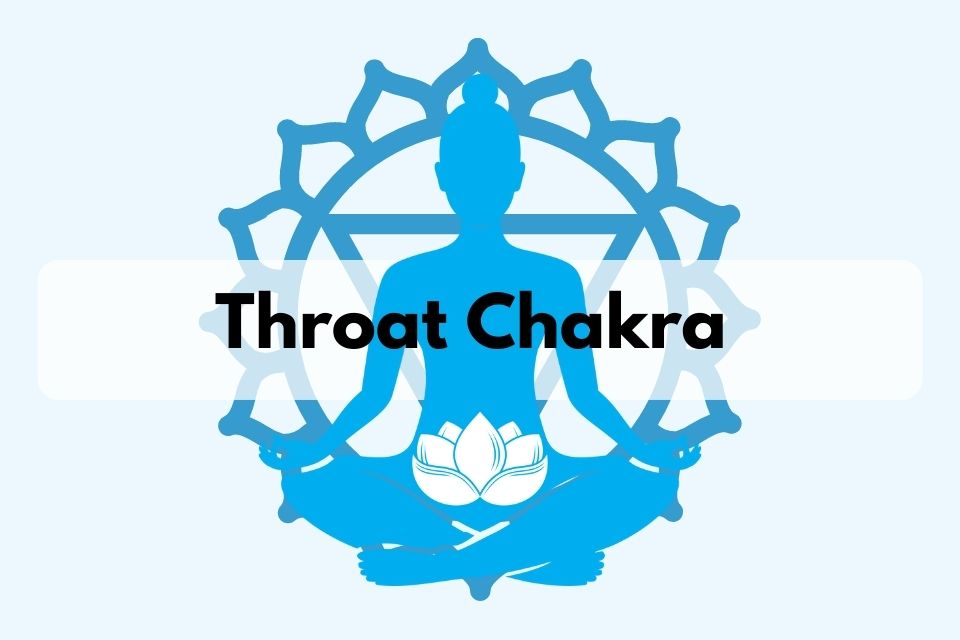
The throat center or communication center is where you speak your truth in this world. Its color is blue. When this Chakra is flowing at optimum levels, you can ask for what you need. You also reflect your truth in the world through this Chakra through your communication. Singing, chanting, and breathing exercises can enhance the health of this Chakra. The message of the throat chakra is “I express.” Do not suppress your beautiful voice. Speak your truth, sing your joy, and emanate your love through the vibration of your words.
Third eye Chakra
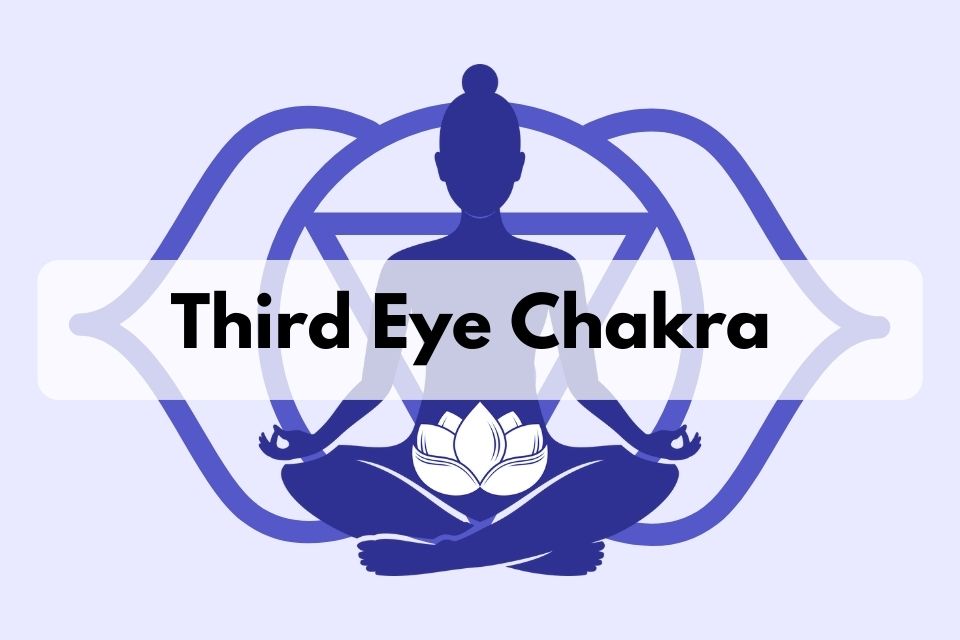
The natural color of this Chakra is indigo. Insight, intuition, awareness, and guidance are the properties of this sixth Chakra. This Chakra, located between the eyebrows, says, “I am the witness.” Meditation and visualization exercises can assist the healthy flow of this Chakra. Be open to your inner guidance. Listen to your thoughts, and they will help you on the right path.
Crown Chakra
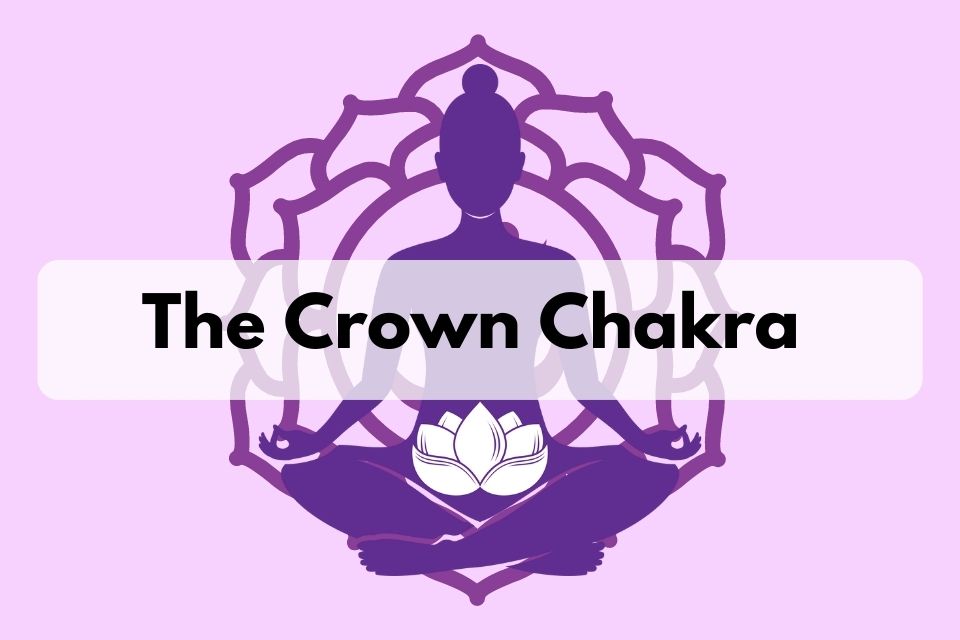
Known in Sanskrit as the Sahaswara chakra or the “thousand petal lotus” chakra, it is the center of enlightenment and our spiritual connection to our higher selves, others, and ultimately, the divine. As the name suggests, the seventh Chakra located at the crown of your head. When aligned, the realizations that occur within you are said to be along the lines of pure awareness, consciousness, undivided, and all expansive. More significant than yourself and yet part of one giant universe.
What is chakra test?
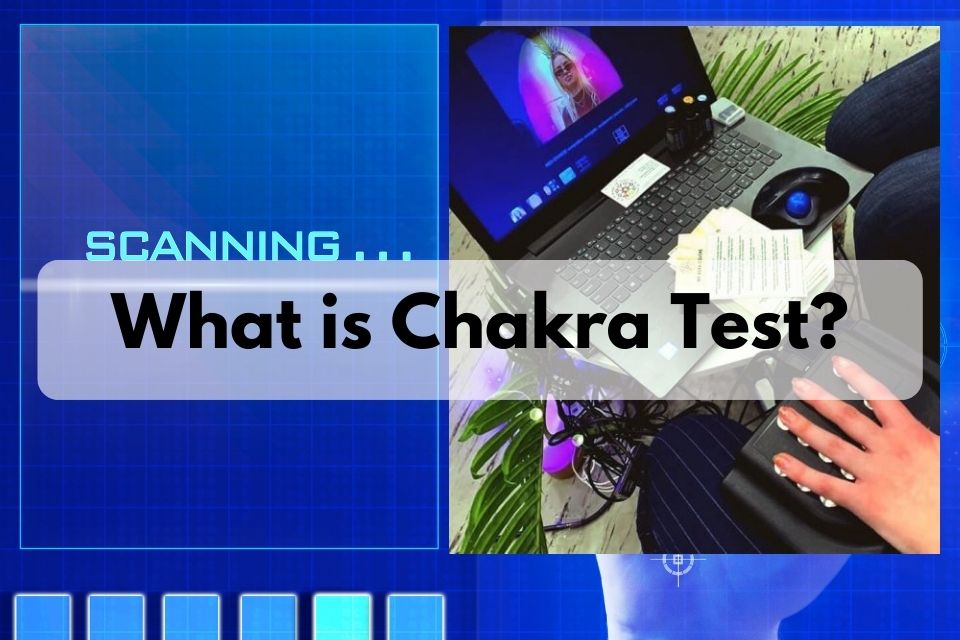
Chakra test is a quick quiz to test your personality and determine which of the chakra energy centers is strongest in you.
Are you a thinker or a feeler? Do you keep your two feet firmly on the floor, or are you more of a spiritual seeker? Which are your strongest traits? The chakra test will test your personality and determine which of the chakra energy centers is most influential in you.
What are the chakra stones?
Chakra stones are healing crystals that have a specific vibration and color.
They are cleansed and charged before use, and the seven stones are laid upon the body’s energy centers. Each stone possesses a vibrational frequency that matches that of Chakra over which it is placed. As the Chakra absorbs the stone’s frequency, its balance is restored.
What are Seven Chakra Crystals?
Seven chakra crystals are a set of gemstones that correspond to the seven chakras in the body. Each crystal is believed to have healing properties that can help balance and align the chakra it corresponds to. The seven chakras are the root chakra, sacral chakra, solar plexus chakra, heart chakra, throat chakra, third eye chakra, and crown chakra, and each chakra has a corresponding crystal. When used in conjunction with meditation or energy healing practices, seven chakra crystals can help promote physical, emotional, and spiritual well-being.
What is a chakra necklace?
A chakra necklace contains various gemstones to represent the color of each Chakra
In many cultures, gemstones themselves are believed to have certain healing powers. The crystal structure of each gem is unique and thought to produce a current or vibration that helps align and balance the flow of energy through the chakras.
Chakra spiritual necklaces might contain any number and type of gems in the desired colors, but typically each piece will have seven stones.
The average necklace might contain:
- Red Tiger’s Eye: This gem is believed to keep you well-grounded and focused.
- Carnelian: This reddish-orange gem is thought to enrich the emotions and provide a certain zest for life.
- Citrine: This sunshine gold gem is said to boost mental clarity and self-esteem.
- Green Jaspar: It’s believed this gemstone cleanses energy, bringing harmony and a sense of well-being.
- Sodalite: This gem is thought to strengthen our powers of speech and inner healing.
- Amethyst: This is the gem of dreams. It’s believed to enhance the imagination and heighten the powers of intuition.
- Quartz Crystal: This gemstone is believed to purify your thoughts, boost wisdom, and create a closer union with your “spiritual” self.
What are chakra beads?
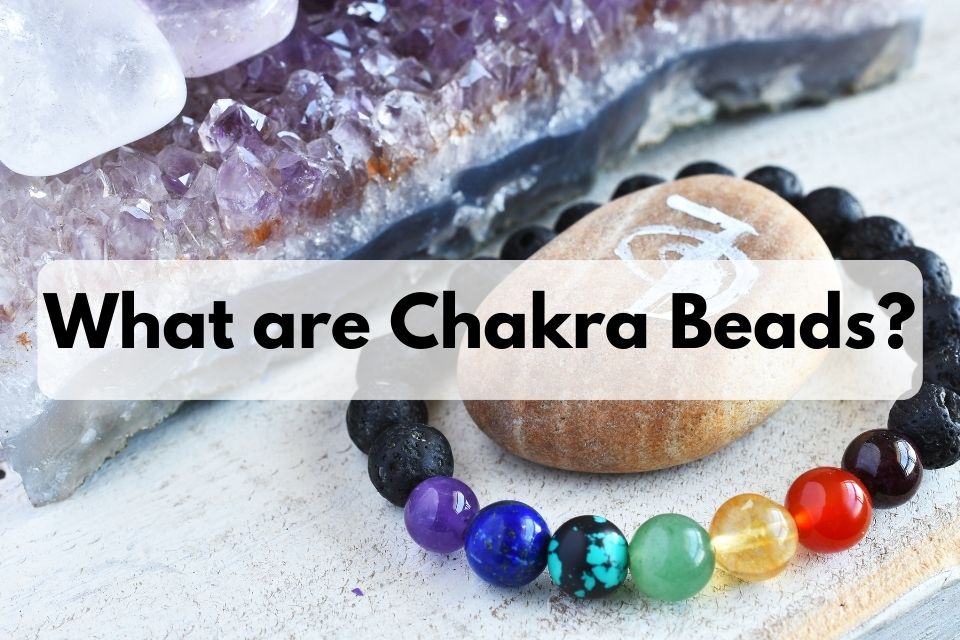
There are bracelets made out of chakra beads with particular energy properties to subtly change the wearer’s life and health.
Chakra Healing Bracelets are accessories designed to balance the seven chakras, and they have been worn in India for centuries. While some claim that the benefits of wearing Chakra Crystal Bracelets come directly from the energy of the stones used, others say the bracelets merely promote awareness and allow for increased focus on keeping these seven energies in balance. In either case, the bracelets are used in alternative medicine to promote healing and vitality. Chakra Jewellery may also be worn solely for aesthetic purposes


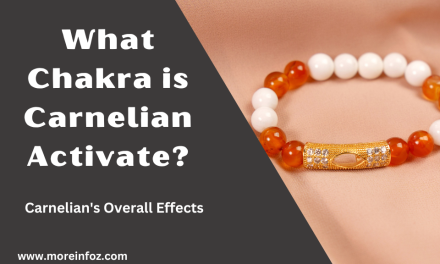
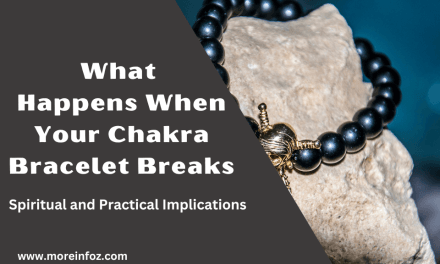
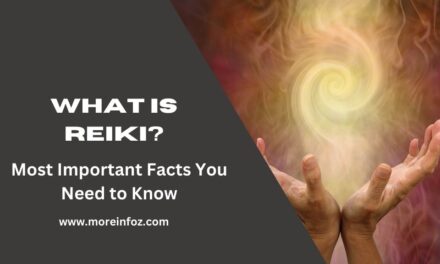
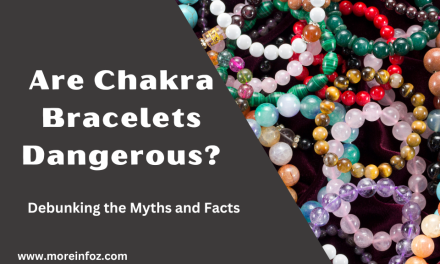
Trackbacks/Pingbacks